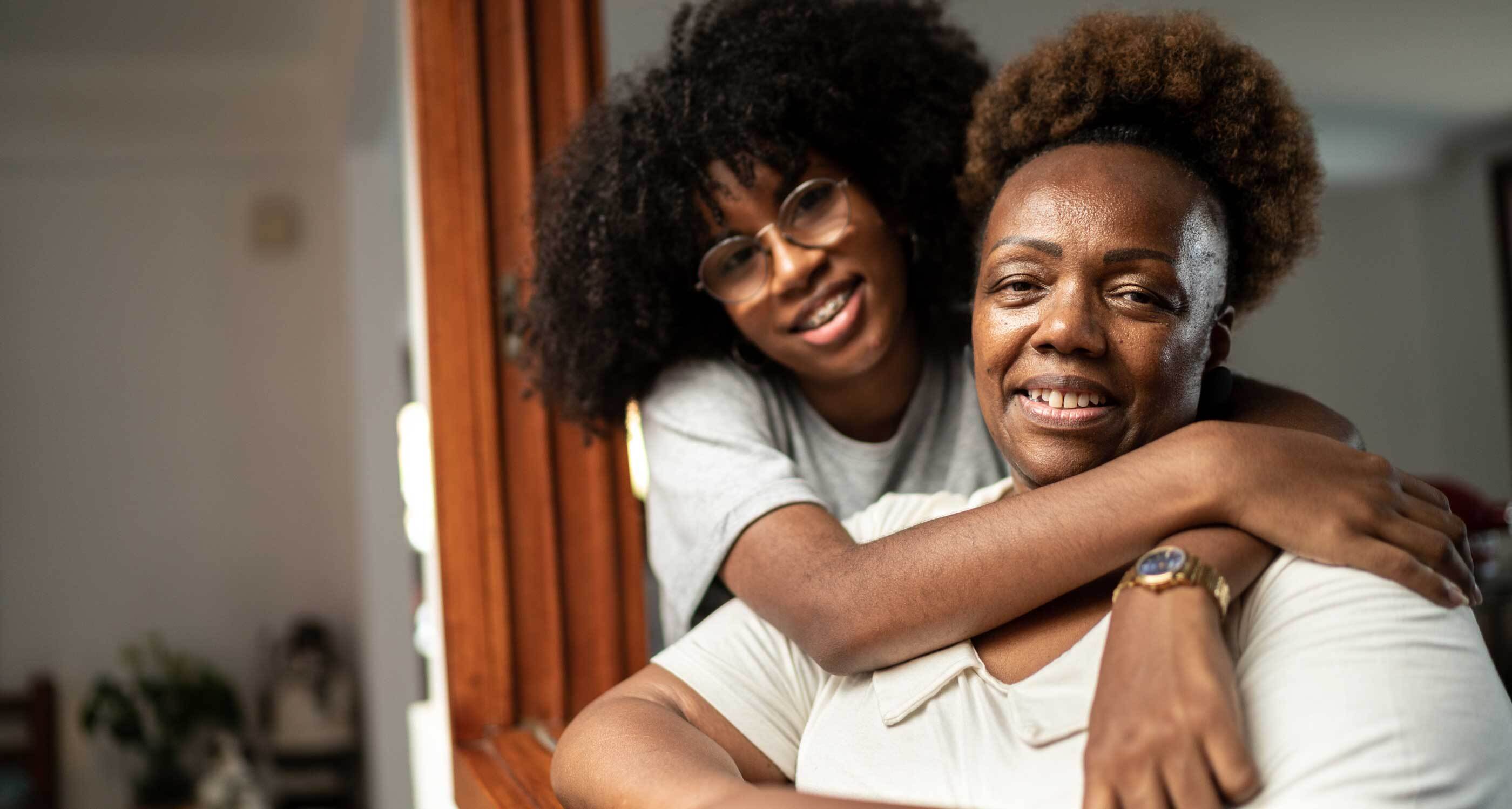Programs & Initiatives
Developing and expanding several institutional projects designed to identify and address health disparities
Vaccine Education and Outreach
The COVID-19 vaccines provide hope amid the pandemic, but we know that our community remains hesitant and has many questions. To help inform and empower our community, the Dalio Center created educational resources about the vaccines and supported a national campaign to build vaccine awareness.
Key Accomplishments
- Collaborated with the Harlem Children’s Zone and William Julius Wilson Institute on the national ‘One Decision for Us’ vaccine campaign, which included a spoken word piece by artist Justice Davis and achieved over 110 million total impressions
- Developed and produced six educational videos about the vaccine in English and Spanish and created an external-facing NYP page with vaccine education materials
- Supported the internal NYP vaccine campaign through participation in roundtables & townhalls
- Dr. Iyasere participated in over 20 community talks about the vaccine
- Co-authored an article in New England Journal of Medicine Catalyst about addressing vaccine hesitancy
Watch “One Decision for Us”

impressions from our national vaccine campaign
Black Transplant Health Initiative
According to the U.S. Department of Health and Human Services Office of Minority Health, Black/African Americans make up the largest group of minorities in need of an organ transplant. However, they comprised 12.5% of organ donors in 2019. The Dalio Center, in collaboration with the Black Liver Health Initiative, has launched an effort to study and address the issue through data and outcomes evaluations, study of patient experience, and the support of outreach webinars and website development. The Dalio Center collaborates with the Black Liver Health Initiative (BLHI), which was co- founded by Nicole Golden, DNP, FNP-BC, Veronica Roye, DNP, FNP-BC, and Monica Nelson-Kone, BSN, RN, and will be working to bring the BLHI process and interventions to other solid organ transplant programs across NYP.
Key Accomplishments
- Supported detailed analyses to understand disparities in diagnosis, referral to evaluation, referral to transplant, and transplantation—as well as outcomes
- Launched the Black Liver Health Initiative website
- Supported outreach programs, including five webinars by the Black Liver Health Initiative
- Submitted an IRB application to support study and research
Black/African Americans comprised
of organ donors in 2019, yet make up the largest group of minorities in need of an organ transplant
Our Long-Term Goals
Access
- Expand clinical outreach to include underserved minority neighborhoods
- Support community providers to decrease the length of time to specialty referral for Black patients with liver disease
Awareness
- Increase health literacy by educating the Black community through culturally competent health literacy strategies
- Increase knowledge regarding treatment options for liver disease
Advancements & Research
- Engage in research that is specific to the Black community with liver disease
- Advocate for policy changes to decrease barriers to liver transplantation
Mitigating Mistrust
- Commitment to ongoing internal cultural competency trainings for medical providers and staff
Sickle Cell Program
Sickle Cell Disease affects approximately one out of every 365 Black or African-American births, with the highest incidences in New York and Florida. There has been limited improvement in mortality in the last four decades. To compound the problem, the research is underfunded—i.e., 300 times less than similar genetic diseases.

Key Accomplishments
- Established the Enterprise-Wide Sickle Cell Disease Council, with representation across campuses and across disciplines
- Conducted an assessment of current state (volumes, staffing, processes) as well as an external assessment of best practices
- Created a program staffing plan, including clinical leadership, program manager, and transition managers, created job descriptions, and launched the staff search process
- Worked with EpicTogether team to integrate a standard Sickle Cell Transition survey into the electronic medical record, and developed a standardized Individual Care Plan for sickle cell patients
- Launched a patient education & staff communication workgroup to aggregate and standardize sickle cell educational materials and develop a new external-facing website
The Sickle Cell workgroup is connecting providers and our resources from across the health system to improve care for our patients. This is long overdue and I’m grateful to be a part of this group.
 Cheryl Mensah, MD
Cheryl Mensah, MD
NewYork-Presbyterian/Weill Cornell
For years I’ve watched helplessly as my patients with sickle cell disease died in their youth. I’ve hoped that I’d be part of a transformation in their health care that would put this to an end. The initiatives that we are developing with the Dalio Center will bring this lofty aspiration to fruition.
 Andrew Eisenberger
Andrew Eisenberger
NewYork-Presbyterian/Columbia
Crown Hair Care Program
Earlier this year, one of NewYork-Presbyterian's Patient Care Directors, Felicia Alleyne, reached out to the Dalio Center to highlight innovative patient care work being done on her unit to provide a wider array of hair care products to serve our diverse patient population. The Dalio Center is now working with Felicia, the Weill Cornell nursing team, and our colleagues in strategic sourcing, patient experience, and social work to formalize and expand Felicia's work. By providing a broader array of hair care products suitable to different hair textures, along with staff training on hair care, NYP can better meet our patients’ needs and improve patient experience.
Key Accomplishments
- Selected and sourced additional hair care products and tools, suitable to different hair textures
- Developed educational materials for staff and patients on the products
- Developed distribution process with Nursing leaders and Supply Chain
- Implemented patient experience evaluation to measure pilot outcomes
- Successfully launched pilot on October 18, 2021

Community Initiatives
The Dalio Center is collaborating with our medical school partners and Hospital operations to develop new institutional projects focused on improving the quality of and access to our care. The ultimate goal of these programs is not only to connect residents of our communities with high quality health care, but also to encourage them to become advocates for their own health and their family members’ health — so that good health behaviors become a longstanding part of their lives. Together, these initiatives have a broad reach and help meet the Hospital's commitment to improving health care outcomes and increasing access for the members of its communities in a manner that underscores collaboration and community involvement.
Major community initiatives include
- Supporting a Community-based Organization (CBO) Network Development project to reliably connect patients to the right resources based on their needs and preferences
- Providing financial support for equity-focused projects in the Ambulatory Care Network. Projects for 2021 include funding for Mobile Medical Units to address barriers to access to care and funding for the Northern Manhattan Early Childhood Collaborative to improve the lifelong trajectory of young children in the community
- Launching SHaRE (Supporting Health and Reaching Equity)—pilot programs to create a set of targeted, geographically-focused interventions addressing social determinants of health, with the goal of improving health outcomes for women & children